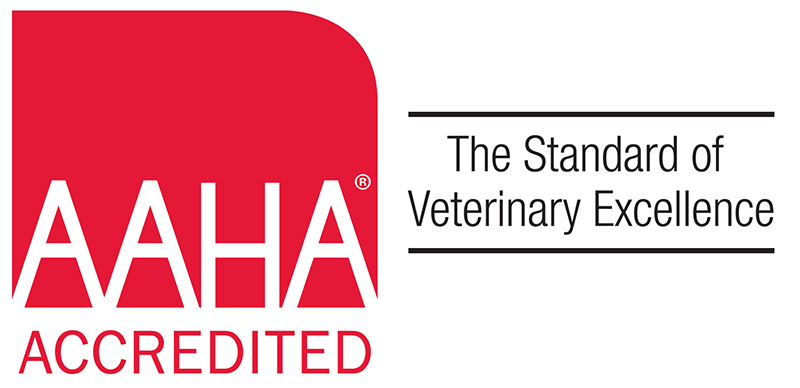Discovering a scab on your dog following a tick bite can be unsettling. It’s important to understand what steps you should take next to ensure your pet’s health and safety. This blog aims to provide you with helpful information on identifying, managing, and preventing tick-related scabs on your dog. If you notice any concerning symptoms or if the scab does not improve, it’s best to contact Triangle Animal Clinic at (936) 756-3318 for expert guidance.
Understanding Tick Bites and Scabs
Ticks are parasitic creatures that attach to their hosts, including dogs, to feed on blood. When a tick bites, it can cause a small wound, which may develop into a scab as it heals. This is the body’s natural way of protecting the underlying tissue and stopping any bleeding. However, tick bites can also transmit diseases to dogs, making it crucial to monitor the site of the bite closely.
What a Tick Scab Looks Like
A tick scab on a dog typically appears as a small, hard, round spot on the skin. It may be reddish-brown or black, depending on your dog’s skin and the age of the scab. You might also notice some swelling or redness around the area.
Immediate Steps to Take
If you find a scab on your dog and suspect it is from a tick bite, there are several steps you should take to minimize complications:
- Remove Any Remaining Ticks: First, ensure that the tick is completely removed from your dog’s skin. If you see a tick that is still attached, it is crucial to remove it properly. Use fine-tipped tweezers to grasp the tick as close to the skin’s surface as possible and pull upward with steady, even pressure.
- Clean the Area: Once the tick is removed, clean the bite area and your hands with rubbing alcohol, an iodine scrub, or soap and water. This helps prevent infection at the bite site.
- Watch for Signs of Infection: After cleaning the area, keep an eye on the scab. Signs of infection can include increased redness, swelling, warmth, or pus. If you notice any of these symptoms, it’s important to contact Triangle Animal Clinic for further advice.
Monitoring and Caring for Tick Bites
After the initial care, ongoing monitoring is vital to ensure that the scab heals properly and that no tick-borne diseases are developing.
Regular Check-ups
Schedule a follow-up visit with your veterinarian at Triangle Animal Clinic. They can assess the healing process and conduct any necessary tests for diseases like Lyme disease or Rocky Mountain spotted fever.
Signs of Tick-borne Diseases
Be vigilant for symptoms of tick-borne diseases, which can appear days to weeks after the bite. These can include fever, lethargy, joint swelling, and decreased appetite. Early detection and treatment are key to managing these conditions.
Preventing Future Tick Bites
Preventing tick bites is essential for your dog’s health. Here are some effective strategies:
- Use Tick Prevention Products: Consult with a veterinarian at Triangle Animal Clinic about appropriate tick prevention products. These can include topical treatments, oral medications, or tick collars designed to repel and kill ticks.
- Maintain Your Yard: Keep your yard trimmed and free of tall grasses and brush where ticks are likely to hide. Regularly check your pets for ticks after they’ve been outside, especially if they roam in wooded areas or tall grass.
- Regular Vet Visits: Ensure your dog has regular check-ups and stays up-to-date on vaccinations and parasite prevention. Regular vet visits help maintain your dog’s overall health and can prevent many tick-borne illnesses.
Ensuring Your Dog’s Safety From Tick-Related Issues
Ensuring your dog remains protected from ticks is a vital aspect of their overall health. To help prevent tick bites, consider using veterinarian-approved tick prevention products like topical treatments or tick collars. Additionally, maintaining a clean and trimmed yard can reduce tick habitats, further safeguarding your pet. Regular veterinary check-ups are crucial as well; they help catch any signs of tick-borne diseases early. If you notice any unusual symptoms in your dog or have concerns about a tick scab, prompt action is key. Call Triangle Animal Clinic at (936) 756-3318 for professional guidance and support.






